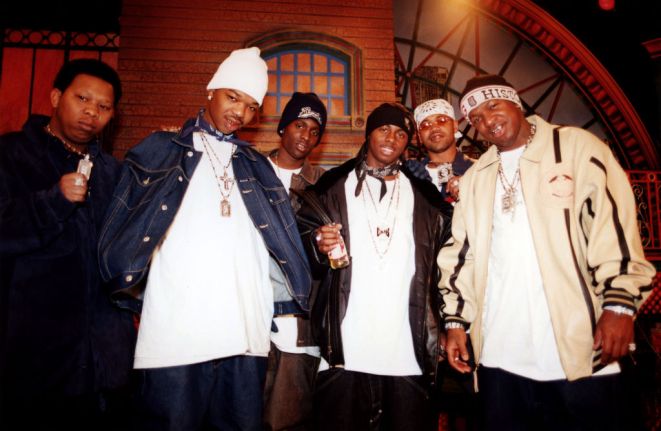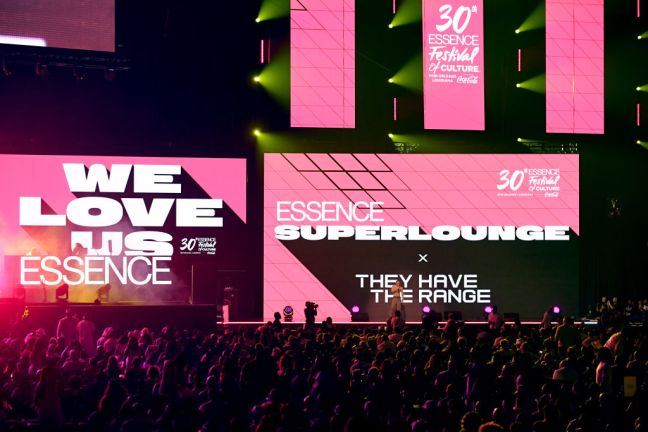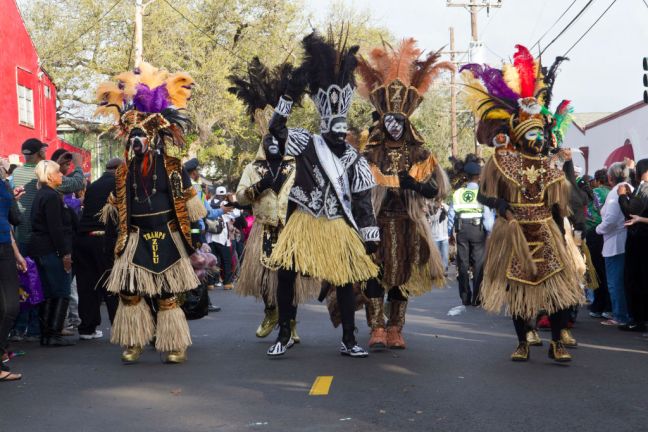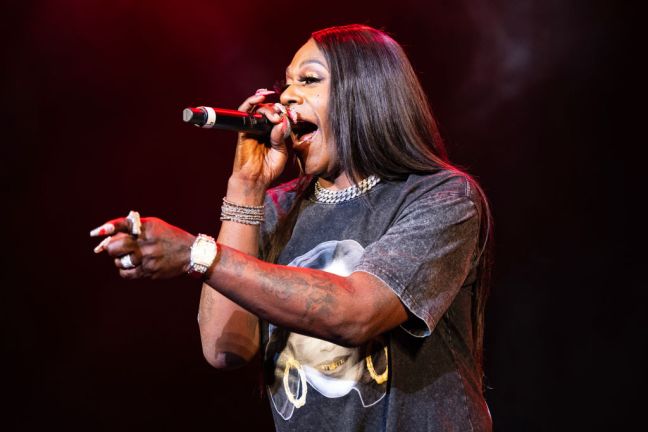Black History Month: Taste x Culture | New Orleans
New Orleans embodies US, fully!
New Orleans is Black culture!
Nola is rooted in Blackness.
There are traces of Black culture on every corner that collectively add up to a city of rich Black history, authenticity and representation like no other!
Art, food, music, everything!
Throughout the month of February, TV One is celebrating with highlights of Black History and Experience in some significant cities across the country.
This series of features includes locations on Chef Jernard’s culinary tour that you’ll see in the all-new series Savor the City premiering this spring soon on TV One.
Did you know these tidbits about our beloved Nola?
Slavery
New Orleans was the largest slave market in the country. Nola’s economy relied heavily on slave labor during the Antebellum era, but it later became a place where Black folks prevailed!
Jazz
Nola is the birthplace of jazz music in the late 19th and early 20th centuries, Charles “Buddy” Bolden was considered the first person to play what later became known as jazz. He is considered the “father of Jazz.” Jelly Roll Morton, a famed New Orleans pianist, was also pivotal in jazz’s creation. Now, that is the cat’s meow!
Katrina

Source: Houston Chronicle/Hearst Newspapers / Getty
In 2005, Hurricane Katrina rocked New Orleans to its core, literally. The catastrophic event disproportionately impacted Black people with many experiencing displacement, homelessness, and trauma. Black neighborhoods experienced the most extensive damage.
We know the story. But you can’t hold us down forever.
Home to Cash Money takin’ over for the ’99!

Source: Raymond Boyd / Getty
As far as we’re concerned, well some of us, ‘Back That Azz Up,’ may as well be considered a negro spiritual and guest what?! Juve samples and put his own spin on Bounce music in this timeless hit!
Home to Essence Fest for the past 30 years

Source: Aaron J. Thornton / Getty
Black women….(and men, and kids, and everybody) Unite! IYKYK
Mardi Gras

Source: Skip Bolen / Getty
Laissez les bons temps rouler…a Cajun French phrase that means “let the good times roll.” But as history reveals, Black people have always depended on ourselves for good times and everything else.
Though Mardi Gras has a rich history that includes Roman origins, medieval France, and European colonization, the history of Black people celebrating Mardi Gras in Nola is a story of resistance against racial segregation.
Black Americans formed the Zulu Krewe to become a part of the celebration because carnival parades were segregated. The Zulu Krewe is over 100 years old, founded in 1909.
To this day, the krewe uses balls, parties and social events to raise money for African Americans facing financial hardships. The Zulu Ball is their most popular event, held Friday night before Mardi gras.
We also have the Mardi Gras Indians made up of Black Nola natives. Mardi Gras is full of secrets, and the Mardi Gras Indians are as much a part of that secrecy as any other carnival organization.
Their parade dates, times and routes are never published in advance, although they do tend to gather in the same areas every year.
Bounce music

Source: Erika Goldring / Getty
Hey Big Freedia! Now, although sis was very instrumental in putting bounce music on the map, bounce music dates back to as early as the 80s and derives from Nola’s club scene.
According to mama Freedia, the first bounce hit was made by DJ Jubilee in ’93 when he released the track “Jubilee All.”
Today, the genre is bigger than ever and you can hear references in some mainstream hits like N.E.R.D and Rihanna’s “Lemon” and of course all over Beyonce’s Renaissance album.
Chef Jernard is savoring this amazing city and hitting some gems on his travels:
- Lil Dizzy’s Café
- Williby’s Catfish
- Deelightful Roux School of Cooking
- Addis
- Dew Drop Inn
- Headquarters By Nice Guys Nola
- And more




